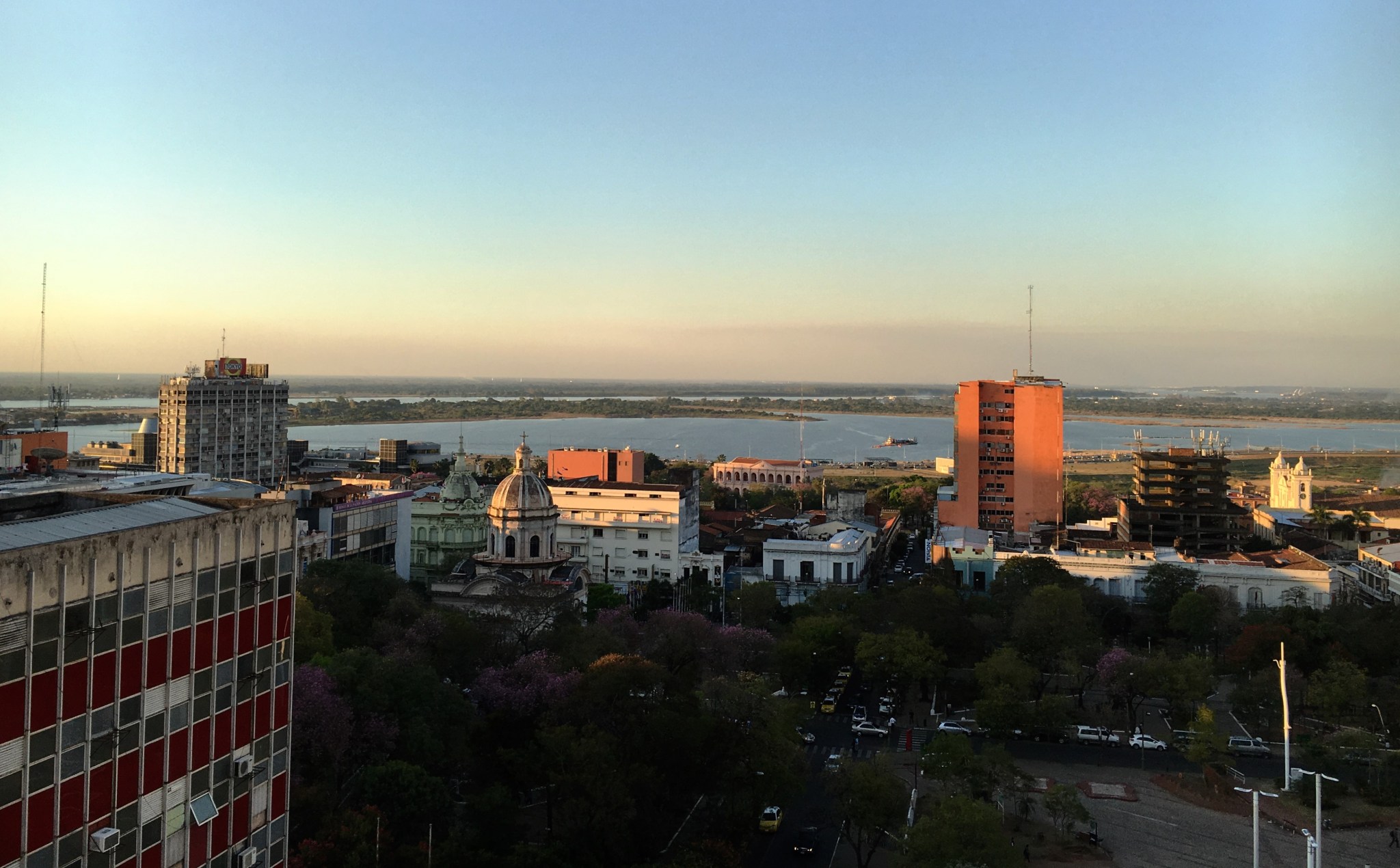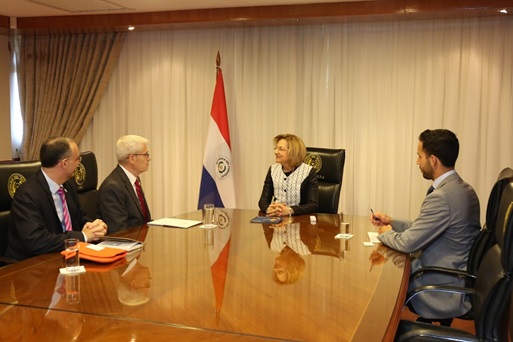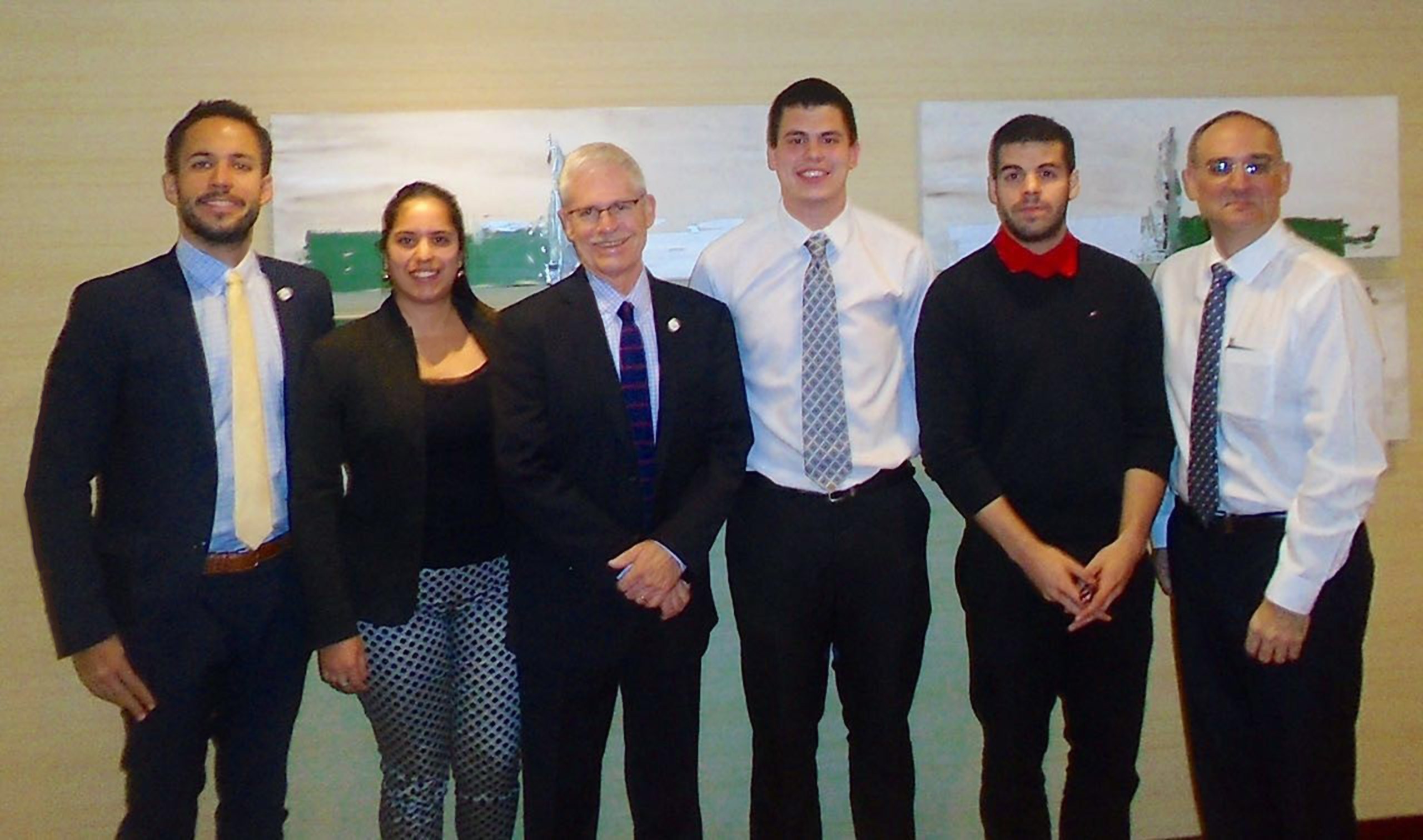
Paraguay is one the youngest democracies in the Americas.
Alfredo Stroessner’s dictatorship, the longest the continent has seen with the exception of the Castro brothers’ regime in Cuba, only ended in 1989. However, most of the country’s current inhabitants do not have any memories of the pre-democratic era. The reason— around 70 percent of the Paraguayan population is under 35 years of age, according to some estimates
In less than 25 years since the promulgation of the country’s first democratic constitution in 1992, Paraguay has made progress in building transparent and accountable institutions. After a long ruling of the Partido Colorado, Paraguay’s main conservative political party, a peaceful transition of power eventually took place in 2008, when an opposition coalition led by Fernando Lugo won the national elections. Lugo was removed from power in 2012 through a controversial impeachment process, but the constitutional order was not interrupted. In 2014, Paraguay passed the Access to Public Information and Government Transparency Law, which grants free access to the public of official data, including government salaries, official travel expenses, and active government contracts. This marked a major milestone in a country with a traditionally opaque public sector.
Despite these advances, important governance challenges persist. I had the opportunity to learn about them during a recent visit to Asunción and the rural department of Cordillera with my colleagues Steve Johnson, IRI’s Regional Director for Latin America and the Caribbean, and Tony Garrastazu, Resident Director for Central America. There, Paraguayan officials, academics, and civil society leaders pointed out needs to improve the delivery of public services such as education, health, water and sanitation at the subnational level. Civil service jobs are often filled based on party affiliation and not merit—a familiar complaint. As recent reporting shows, drug trafficking and border security are becoming increasingly worrisome, with parts of Paraguay’s at risk of falling in the hands of narco-guerrillas. Throughout the country, there is widespread agreement that gender inequality is another unresolved matter.

Yet, the greatest concern for citizens today is corruption, which pervades all branches of government. According to Vanderbilt University’s Latin American Public Opinion Project (LAPOP), Paraguay has one of the highest corruption victimization rates in Latin America. A significant proportion of Paraguayans report having had direct personal experiences with it. Corruption stymies democratic development and breaks down the democratic equation by reducing citizen trust in government and inhibiting government’s ability to efficiently provide services and respond to citizen needs.
Despite all this, Paraguayans seem to be upbeat about addressing these challenges. They have started to hold their representatives accountable for corrupt practices. Both traditional and social media have grown more vigilant of public figures—malfeasance, graft and abuse of power are openly denounced. Last spring, high-school students mobilized to force the resignation of the Minister of Education, allegedly involved in a number of corruption schemes.
It is precisely the extent to which youth are becoming active in demanding structural change that makes citizens hopeful about the country’s future. And their optimism is palpable. Our Paraguayan interlocutors told us that the country’s large “youth bulge” is a once-in-a-lifetime opportunity—as long as young people are given skills they need to take on today’s big challenges.
As Paraguay makes efforts to consolidate its democracy, IRI is committed to helping facilitate the exchange of best practices and provide technical support along the way. While the road ahead may look bumpy, it is clear that Paraguay’s future holds much promise because of the positive attitude of its people who see their youthful population as part of the solution, not as a problem itself.

